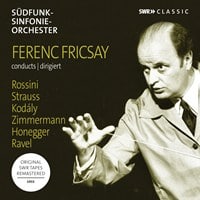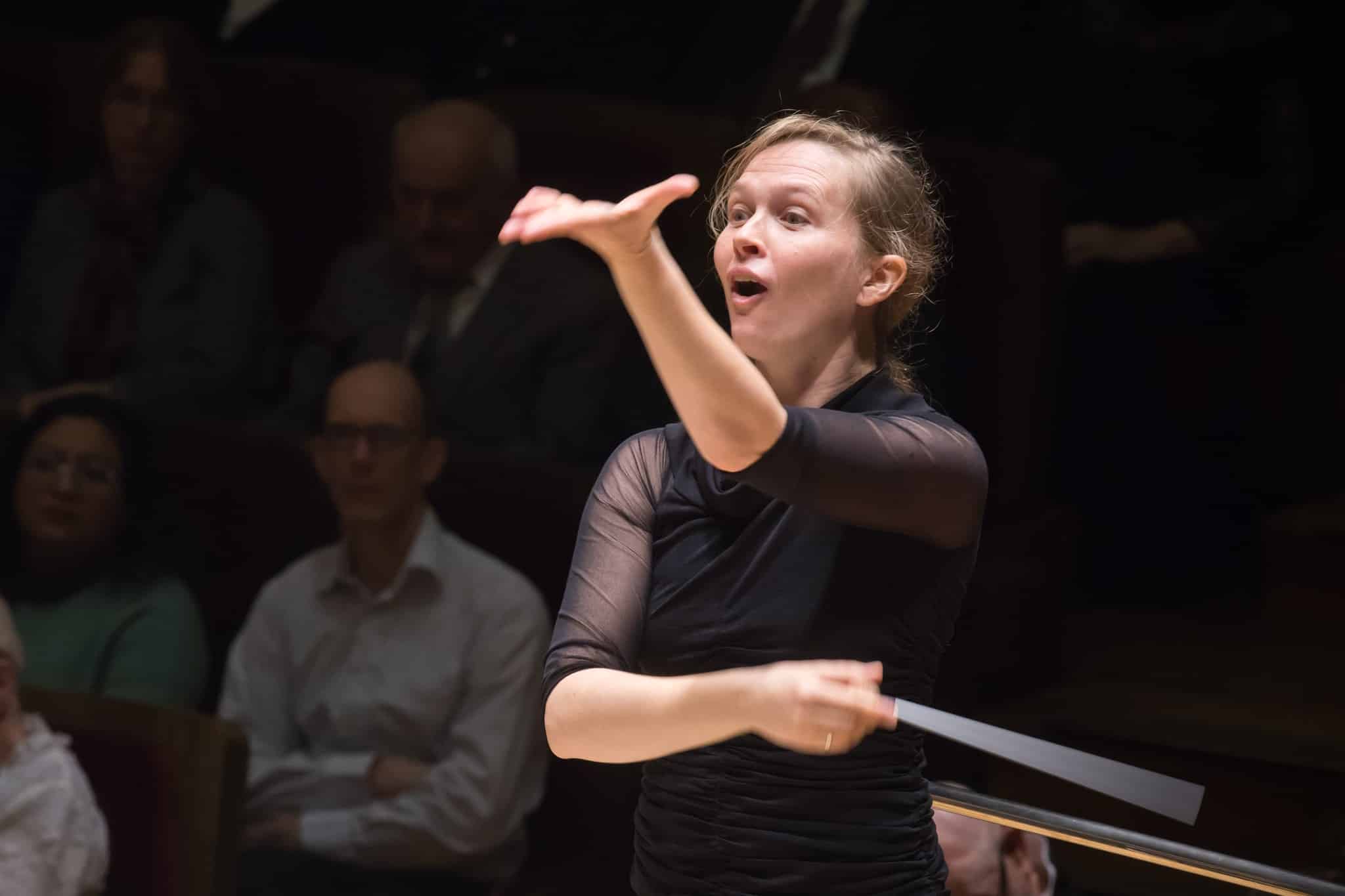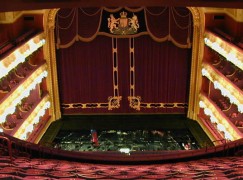Why can’t we have concerts like this?
mainWe’ve been sent for review a 1955 Stuttgart concert conducted by Ferenc Fricsay.
It consists of:
Rossini, Voyage to Rheims overture
Strauss, Burleske (soloist Margit Weber)
Kodaly, Dances from Galanta
Bernd Alois Zimmermann, Caboclo
Honegger, Concertino (soloist Weber)
Ravel, Bolero

The sheer variety is breathtaking, a reflection of Fricsay’s brlliance at programme making. The colour are dazzling and each component complements the rest. The orchestral playing is edge-of-seat.
Why the hell are we stuck with two-work or three-work concerts these days? Whatever happened to ingenuity?





Comments